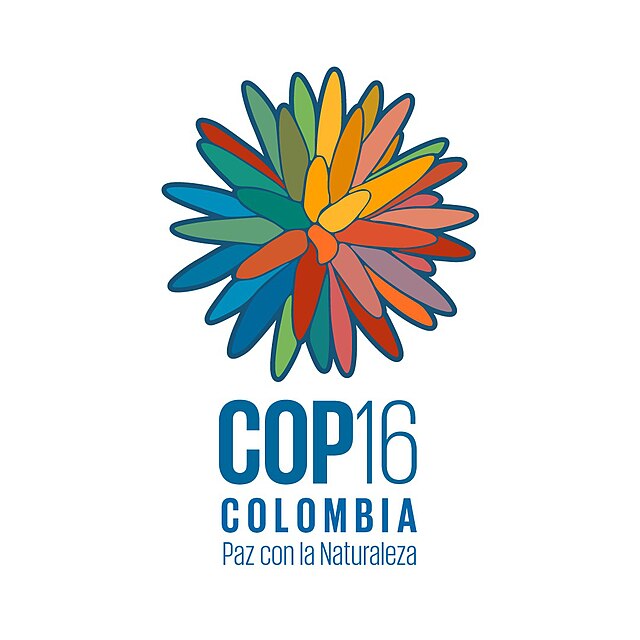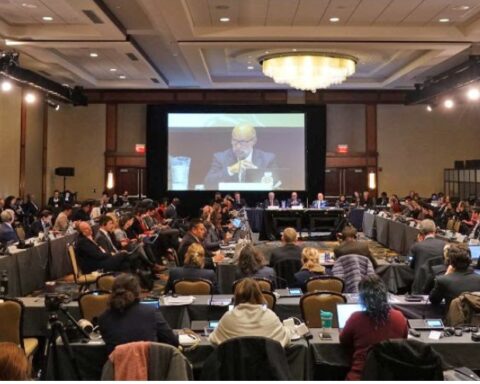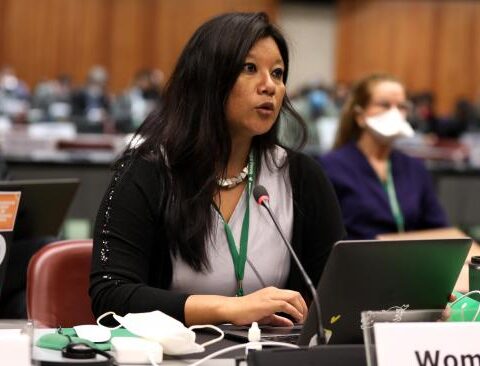Delegates from the 196 Parties to the Convention on Biological Diversity (CBD) will tomorrow commence a nine-day meeting to review and explore opportunities to advance the implementation of the Kunming-Montreal Global Biodiversity Framework (KMGBF).
The fourth meeting of the Subsidiary Body on Implementation (SBI 4) of the CBD is taking place from May 21-29 at the United Nations Office in Nairobi, marking the first significant review since its adoption at COP 15.
It aims to strengthen the mechanisms supporting the implementation of the KMGBF, commonly referred to as “The Biodiversity Plan.”
This masterplan seeks to halt and reverse biodiversity loss by 2030 through 23 action targets and four overarching goals.
Chirra Achalender Reddy of India, Chair of SBI, stated: “Delegates will come together at SBI 4 in Nairobi to further develop mechanisms to support the implementation of the Biodiversity Plan, through finance, capacity building, and cooperation among countries and organizations, and to monitor and review progress in implementation.”
Participants will review the alignment of National Biodiversity Strategies and Action Plans (NBSAPs) with the 23 action targets of the Biodiversity Plan. Representatives from indigenous peoples, local communities, youth, and women’s groups will also participate.
David Cooper, Acting Executive Secretary of the CBD, emphasized the importance of translating global aims into nationally relevant targets, noting the necessity of considering each country’s context and biophysical realities.
“Getting this right is crucial to the success of this global endeavor for people and nature,” he said.
The meeting will address resource mobilization, capacity-building, and technical and scientific cooperation.
The Advisory Committee on Resource Mobilization will discuss strategies to close the $700 billion annual biodiversity finance gap, including the development and implementation of national biodiversity finance plans by all countries.
Developed countries are expected to provide new, additional, and adequate financial resources to developing countries.
The agenda on finance will focus on mobilizing US$ 20 billion per year by 2025, with discussions on potential new dedicated funds and strengthening existing mechanisms like the Global Environmental Facility (GEF).
Resources mobilized through the latest GEF replenishment (GEF-8) are the largest yet, and the newly launched GEF Global Biodiversity Framework Fund has recently approved its first set of project preparation grants. Outcomes from SBI 4 will contribute to negotiations for the next GEF replenishment (GEF-9).
Other agenda items include Communication, Education and Public Awareness (CEPA), cooperation with other conventions and international organizations, and the effectiveness of the Nagoya Protocol on access to genetic resources and benefit-sharing.
The SBI 4 negotiations will build on the momentum generated by the 26th Meeting of the Subsidiary Body on Scientific, Technical, and Technological Advice (SBSTTA 26), which concluded just before the start of SBI 4.
As a subsidiary body, SBI advises the Conference of the Parties, the CBD’s supreme governing body, which will hold its 16th meeting from October 21 to November 1, 2024, in Cali, Colombia.
The outcomes of SBI 4 will be crucial in achieving the goals of the Biodiversity Plan and the 2050 vision for biodiversity under the CBD.
By Dare Akogun








